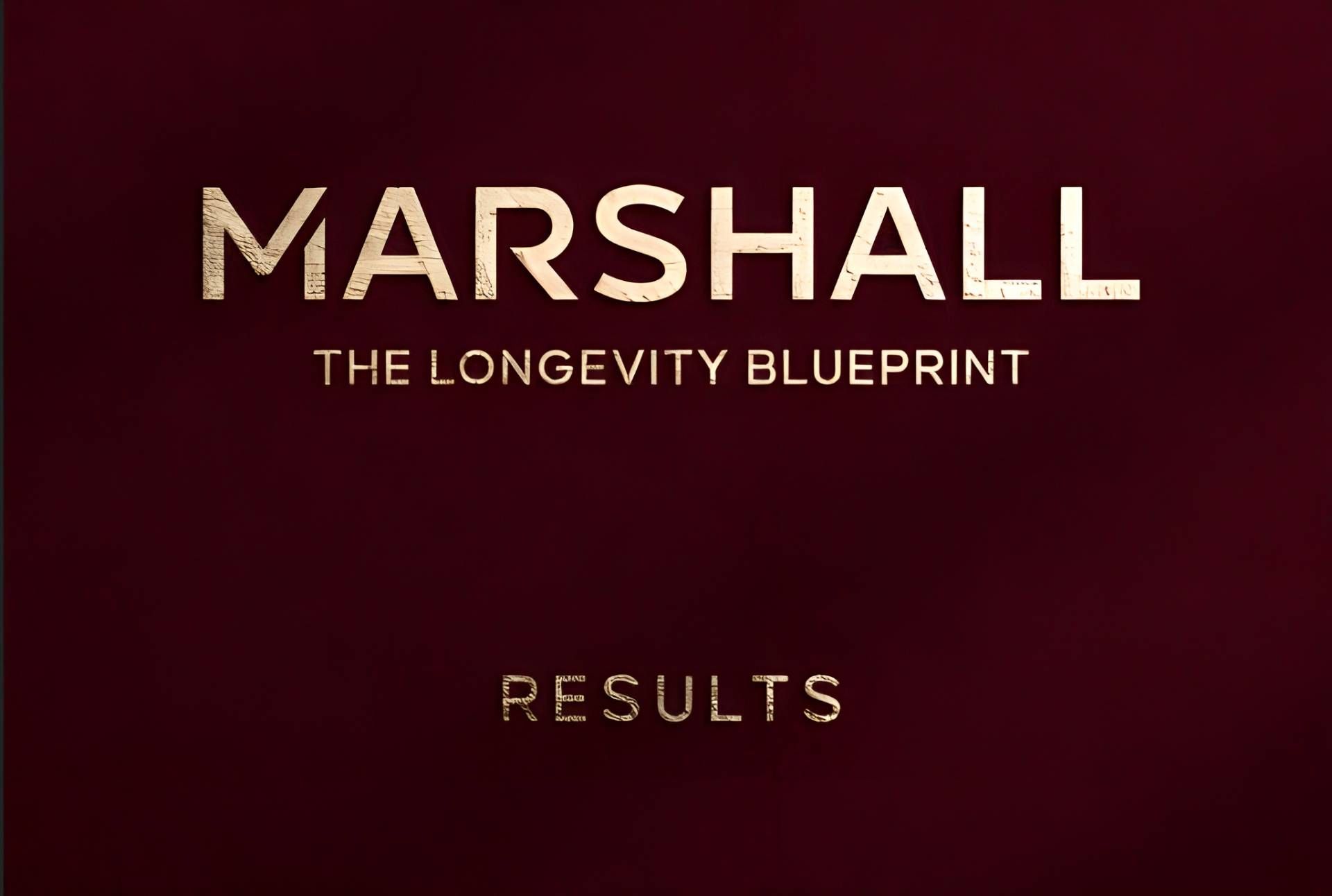Supplements and Longevity: What Works and What Doesn’t
In the quest for a longer, healthier life, many individuals turn to supplements in hopes of slowing the aging process, enhancing vitality, and promoting longevity. From NAD+ boosters to omega-3 fatty acids, there are countless options available, each claiming to provide significant benefits for aging. However, with so many choices on the market, it can be difficult to determine which supplements truly offer benefits and which ones are just hype.
In this blog post, we’ll review some of the most popular supplements touted for their anti-aging properties, including NAD+ boosters, omega-3 fatty acids, and antioxidants. We’ll also provide evidence-based insights into which supplements actually have scientific backing for longevity and which may fall short.
1. NAD+ Boosters: The Fountain of Youth?
NAD+ (nicotinamide adenine dinucleotide) is a coenzyme found in every cell of the body and plays a crucial role in energy production, DNA repair, and cellular maintenance. As we age, NAD+ levels naturally decline, which has been linked to several age-related health issues, including reduced energy, cognitive decline, and increased risk of chronic diseases.
The Promise of NAD+ Supplements
NAD+ boosters, such as nicotinamide riboside (NR) and nicotinamide mononucleotide (NMN), have gained significant popularity in recent years for their purported ability to increase NAD+ levels, potentially slowing down the aging process. These supplements are believed to help rejuvenate cells, improve energy metabolism, and reduce age-related inflammation.
Evidence-Based Insights
While there is promising research in animal models, the evidence in humans is still emerging. Studies on NAD+ boosters have shown some potential benefits, such as:
- Improved mitochondrial function: NAD+ plays a key role in cellular energy production, and boosting its levels may help improve energy metabolism.
- DNA repair and longevity: Animal studies suggest that increasing NAD+ may promote DNA repair and protect against age-related cellular damage.
- Cognitive health: Some early research suggests that NAD+ supplementation could help with cognitive function and prevent age-related neurodegeneration.
Omega-3 Fatty Acids: The Heart-Healthy Supplement
Omega-3 fatty acids are essential fats that our bodies cannot produce on their own, so we must obtain them from food sources or supplements. These fats, particularly EPA (eicosapentaenoic acid) and DHA (docosahexaenoic acid), are well-known for their heart health benefits and are commonly found in fatty fish like salmon, mackerel, and sardines.
The Promise of Omega-3 Supplements for Longevity
Omega-3 fatty acids have been linked to numerous health benefits, including reduced inflammation, improved heart health, and better cognitive function. Given these well-established effects, omega-3s are often touted as an important supplement for promoting longevity and healthy aging.
Evidence-Based Insights
The evidence supporting omega-3 supplementation is robust, with numerous studies showing the following benefits for aging:
- Cardiovascular health: Omega-3s help reduce the risk of heart disease by lowering triglycerides, reducing blood pressure, and improving overall heart health. They have also been shown to reduce the risk of heart attacks and strokes.
- Anti-inflammatory effects: Chronic inflammation is a key driver of aging and age-related diseases. Omega-3s have anti-inflammatory properties that can help reduce inflammation in the body, lowering the risk of conditions like arthritis and cognitive decline.
- Cognitive health: DHA, in particular, is essential for brain health, and studies suggest that omega-3 supplementation may help preserve cognitive function and reduce the risk of dementia and Alzheimer’s disease in older adults.
- Telomere preservation: Some research has suggested that omega-3s may help protect telomeres, the protective caps on chromosomes that shorten with age. Longer telomeres are associated with greater longevity.
Given the wealth of evidence supporting their benefits, omega-3 fatty acids are widely considered one of the most effective supplements for promoting longevity. To maximize their benefits, consider incorporating omega-3-rich foods into your diet or taking a high-quality omega-3 supplement.
3.
Antioxidants: Protecting Against Oxidative Stress
Oxidative stress occurs when there is an imbalance between free radicals (unstable molecules) and antioxidants in the body. Free radicals can cause cellular damage, contributing to aging and various chronic diseases. Antioxidants, such as vitamin C, vitamin E, selenium, and coenzyme Q10 (CoQ10), help neutralize free radicals, potentially slowing down the aging process.
The Promise of Antioxidant Supplements for Longevity
Given the role of oxidative stress in aging, antioxidant supplements are often marketed as a way to combat cellular damage, reduce inflammation, and promote longevity. Many antioxidant-rich supplements claim to protect against age-related diseases like cancer, heart disease, and neurodegeneration.
Evidence-Based Insights
While the concept of antioxidants in preventing aging is compelling, the evidence is mixed when it comes to antioxidant supplementation:
- Vitamin C and E: These vitamins have strong antioxidant properties, and while they are essential for overall health, studies on their effectiveness in slowing aging or preventing chronic diseases through supplementation have yielded inconsistent results. In some cases, high-dose antioxidant supplements have even been linked to adverse effects, such as an increased risk of certain cancers.
- Coenzyme Q10 (CoQ10): CoQ10 is a powerful antioxidant that plays a key role in energy production. Studies suggest that CoQ10 supplementation may help improve mitochondrial function and reduce oxidative damage, which could slow down the aging process. CoQ10 has also been studied for its potential to improve heart health and cognitive function in aging individuals.
- Selenium: Selenium is another antioxidant that has been linked to improved immune function and may help protect against oxidative damage. Some studies have suggested that selenium supplementation may lower the risk of certain cancers and heart disease, although more research is needed.
Conclusion: What Works for Longevity?
As always, it’s important to consult with a healthcare provider before starting any new supplement regimen, as supplements can interact with medications or underlying health conditions.
If you're looking for personalized advice on supplements for longevity or need guidance on developing a wellness plan, our team is here to help. Contact us today to learn more about how you can improve your health and promote longevity through diet, supplements, and lifestyle changes.











